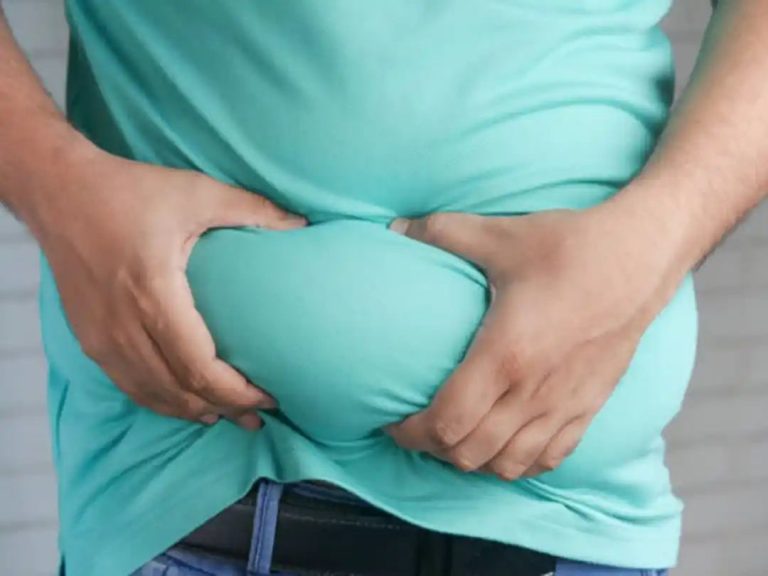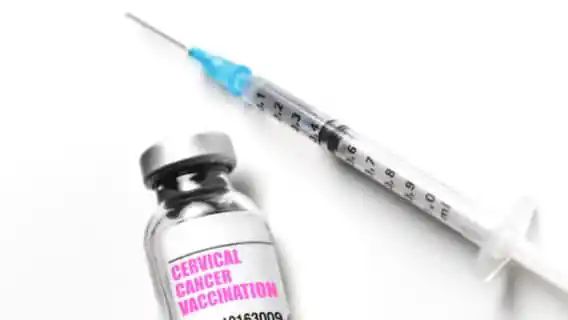Managing diabetes during Ramadan 2024: Best foods to eat during Suhoor and Iftaar, dos and don’ts to follow

The holy month of Ramadan is about to begin in a couple of days, heralding a time of spiritual reflection, self-discipline, fasting and devotion for Muslims worldwide.
Fasting for Ramadan has many benefits as it gives digestive system the much-needed rest, prevents metabolic disorders and detoxifies the body, helping in reducing blood pressure and cholesterol levels. However, people with diabetes, if fasting on Ramadan must be careful to introduce the necessary dietary and lifestyle changes to prevent blood sugar spikes and risk of complications.
Hypoglycaemia or low blood sugar levels is one of the health risks that fasting without food and water may pose to an individual with diabetes. ( Ramadan 2024: When does Ramzaan start? Check date, time, and iftar details)
It is important to include all food groups and have a balanced diet during both Suhoor and Iftaar. It is important to ensure hydration during non-fasting hours to ensure all your body functions work well. If you feel signs like dizziness, blurry vision, or an irregular heartbeat, you must immediately break your fast and consult your doctor. Stay active during the day and rest well at night for maintaining wellness.
During the month of Ramadan, Muslims fast for 30 days, which can last for 15 hours or more daily. Individuals with diabetes need to manage their condition effectively during this time to ensure a safe and risk-free Ramadan.
Here are some tips by Dr Apoorva Garg, BeatO Care (Operations) to help manage diabetes during Ramadan fasting.





